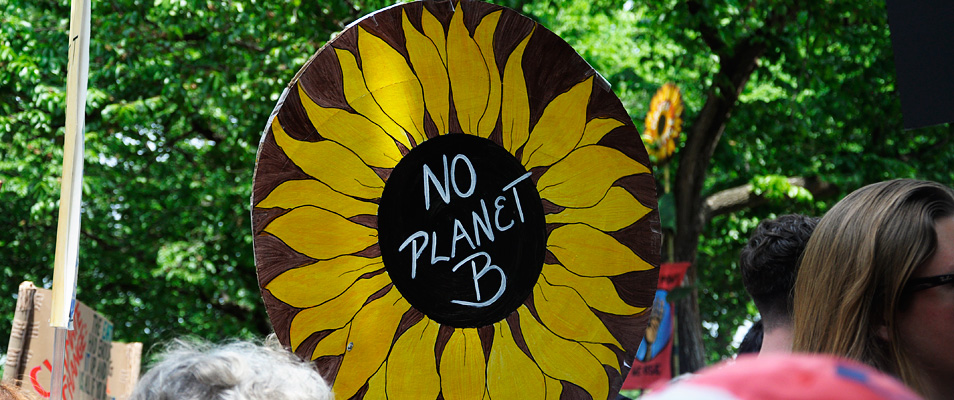By Alexandria Parkes
Unprecedented youth turnout gave a boost to the Democratic party in the 2022 midterm elections where they helped elect young, history-making leaders and passed progressive state climate policies. In New York there were four very progressive ballot proposals. One was Clean Water, Clean Air, and Green Jobs. This combats the impact of climate change and damage to the environment by authorizing the sale of state bonds (up to $4.2 billion) to fund environmental protection, nature restoration, resiliency, and clean energy projects.
According to the Associated Press, 67.5 percent of voters were in favor of this bill. Those not in favor of the proposal were primarily from rural counties upstate that have already had access to clean natural resources such as lakes and rivers and are also surrounded by dense carbon-soaking forests. This is in stark contrast to city dwellers that live in what most of the United States refers to as a “concrete jungle”.
How is this of any importance to Bronx dwellers? The 2020 Census reported a total New York state population of about 20 million. Of that, only 14.8% were Black with a majority of that small population residing in urban communities located in the Bronx, Kings County, and Queens. The population drastically diminishes as you head into further upstate territories with the same being said about Asian and LatinX communities. As for Indigenous populations, they’re virtually nonexistent across the board at a mere 1.2% percent total, averaging only 2.0% throughout various counties.
$4.2 billion is a lot of money, and for that amount to be allocated toward climate mitigation makes the passing of this act a monumental achievement not just environmentalists, but also for urban communities. The environmental injustice in the Bronx comes in many forms. Residing and commuting in great proximity to fossil fuel-burning vehicles and plants has led to an increase in air pollution which is linked to severe adverse health impacts such as childhood asthma, heart attacks, and stroke as reported by the Columbia Mailman School of Public Health.
BIPOC (Black, Indigenous, and people of color) communities in the United States disproportionately face environmental racism due to decades of urban development caused by systemic marginalization. These urban developments across the United States have created urban heat islands, which are neighborhoods with significantly less tree cover to protect from the heat and green spaces in relation to the increased asphalt and concrete that trap heat and lead to higher temperatures.
The NYC Environmental Protection Agency further noted that the changing landscape of urban areas due to development contributes to the decrease in vegetation (plants) which, in fact, does the opposite of the heat-trapping architecture and pavement. Surfaces with vegetation cool surrounding areas through a process called evapotranspiration. This is the process in which plants absorb water and emit it through their leaves, so the water is collected from the surface and returned to the atmosphere.
What was Gen Z’s pivotal role in this election?
Gen Z showed up. Youth voter turnout in this election was unprecedented and no one could’ve anticipated the passion and enthusiasm they brought to the polls. Some in older generations underestimate the ability and knowledge of the youth. They try to undermine the issues that we are passionate about by denying the very real impacts of climate change. But in this election, as well as the 2020 presidential election, we showed the nation that we’re a force to be reckoned with. Gen Z aims to dismantle systems of oppression in order to save people and animals on the only planet we can truly call home.
Children from marginalized communities in underserved neighborhoods don’t have the same access as economically privileged counterparts to what the natural world has to offer: beaches, national parks, lakes, and rivers. Everyone should have access to clean air, clean water, and natural resources. Many people that live in the Bronx haven’t even been upstate let alone out-of-state. The only world they know is the Bronx and the real-life concept of anything else can seem so out of reach.



